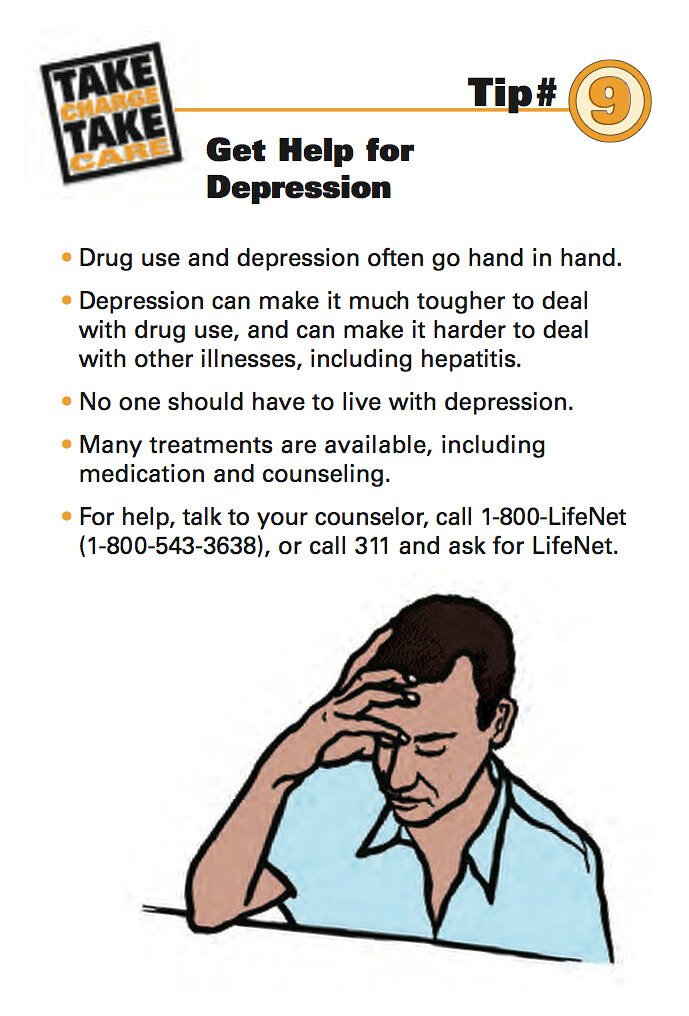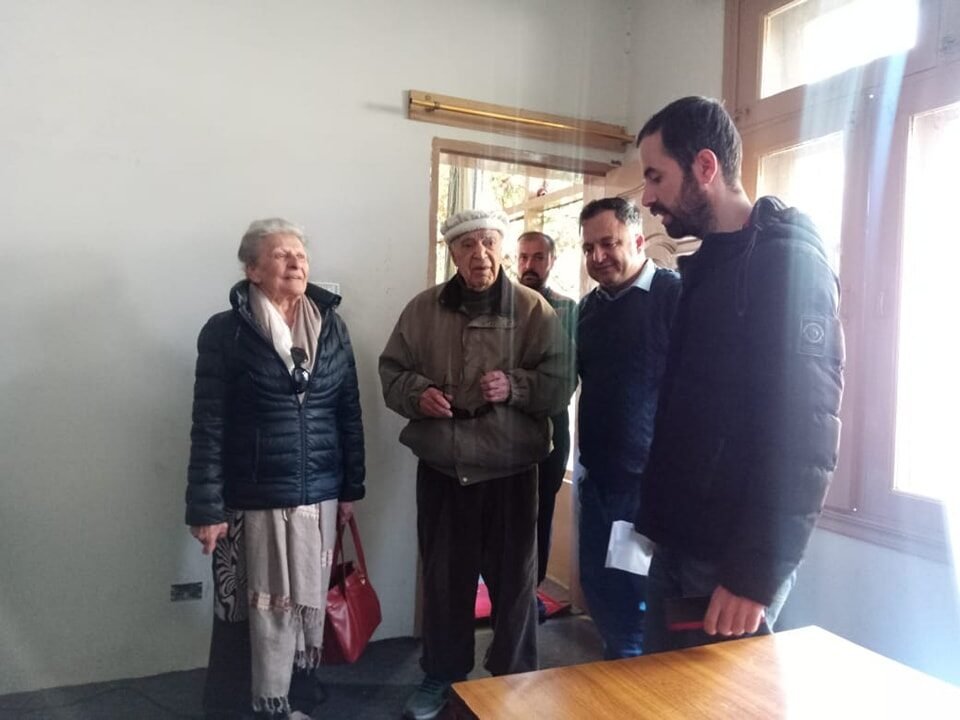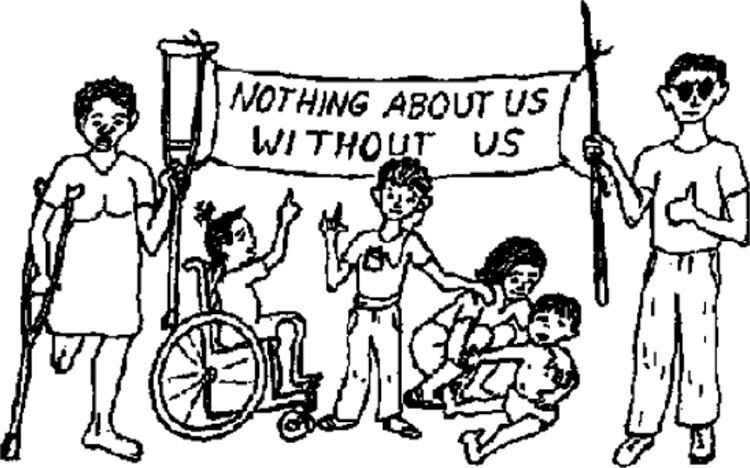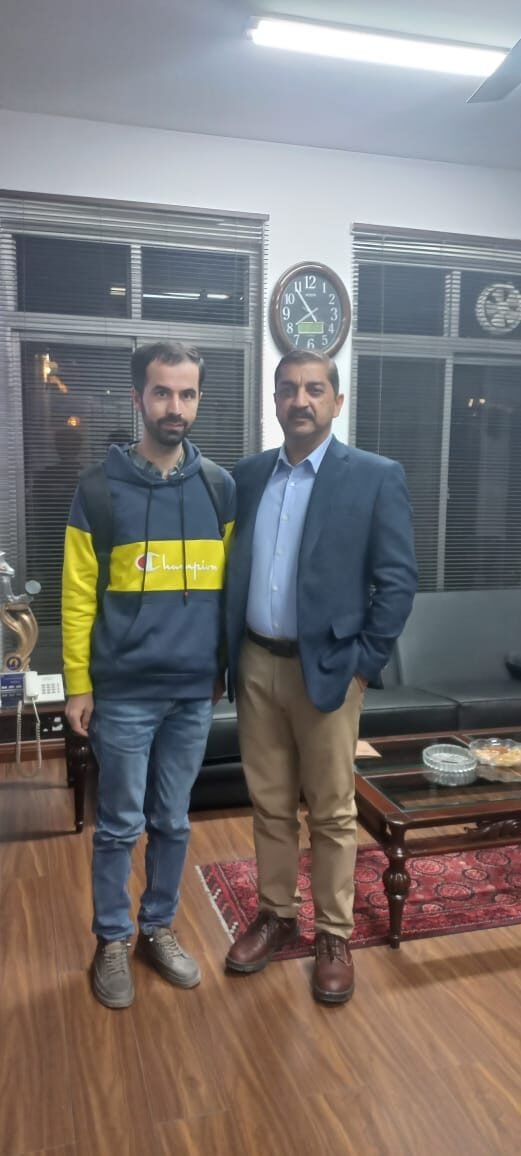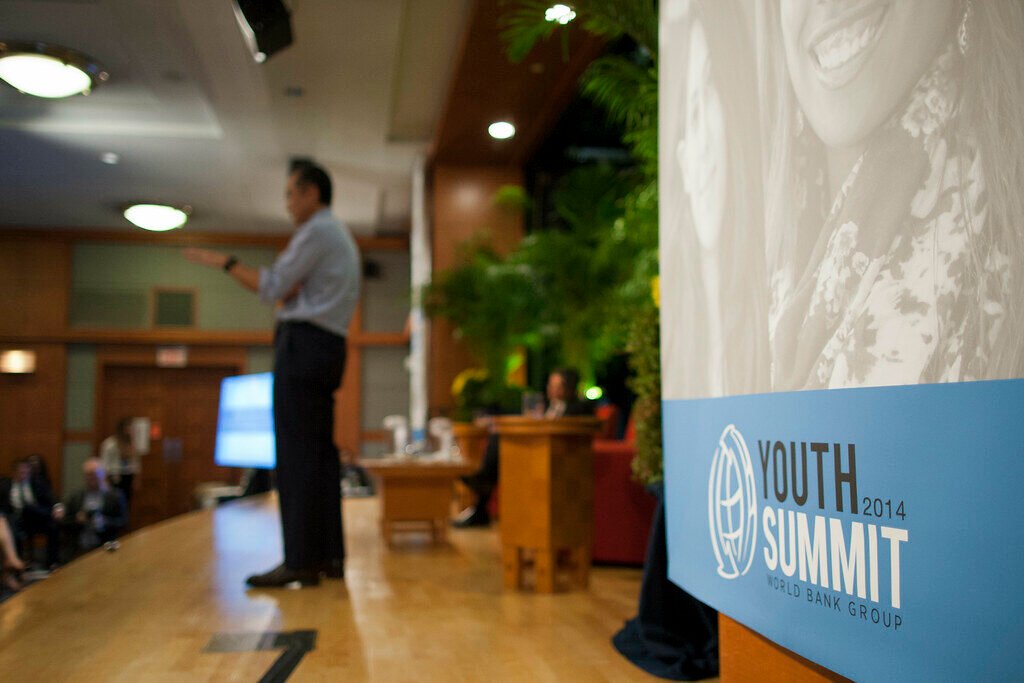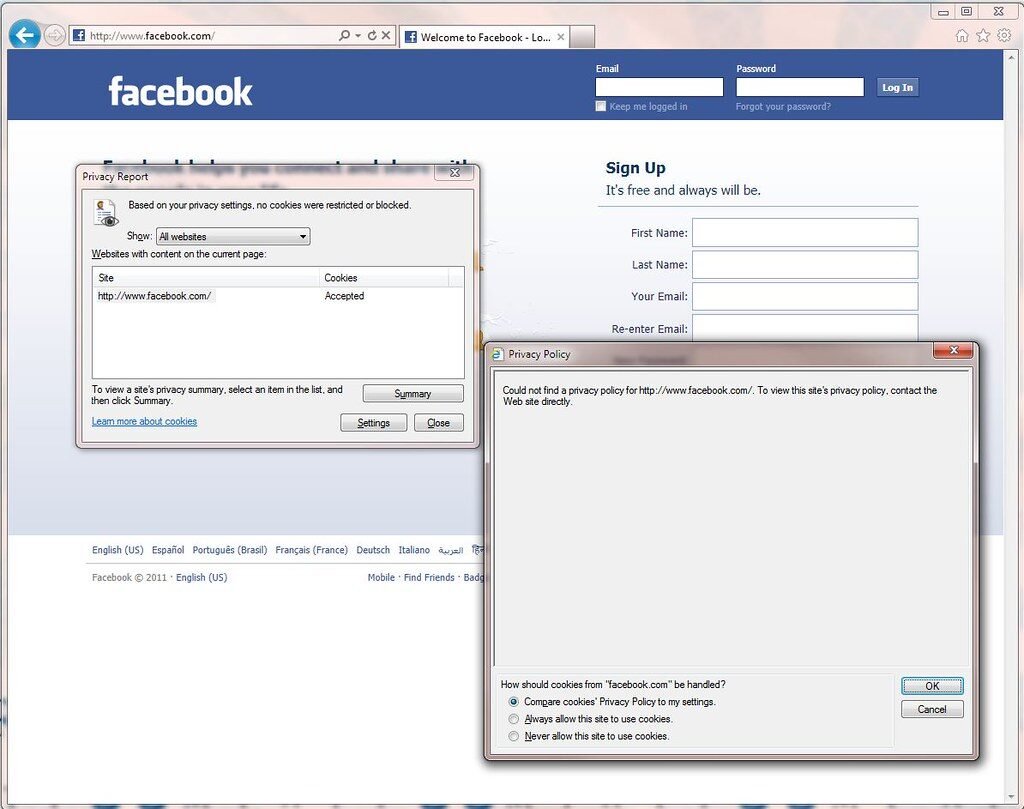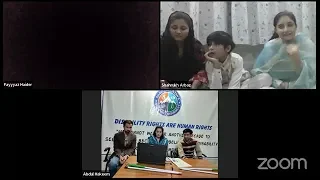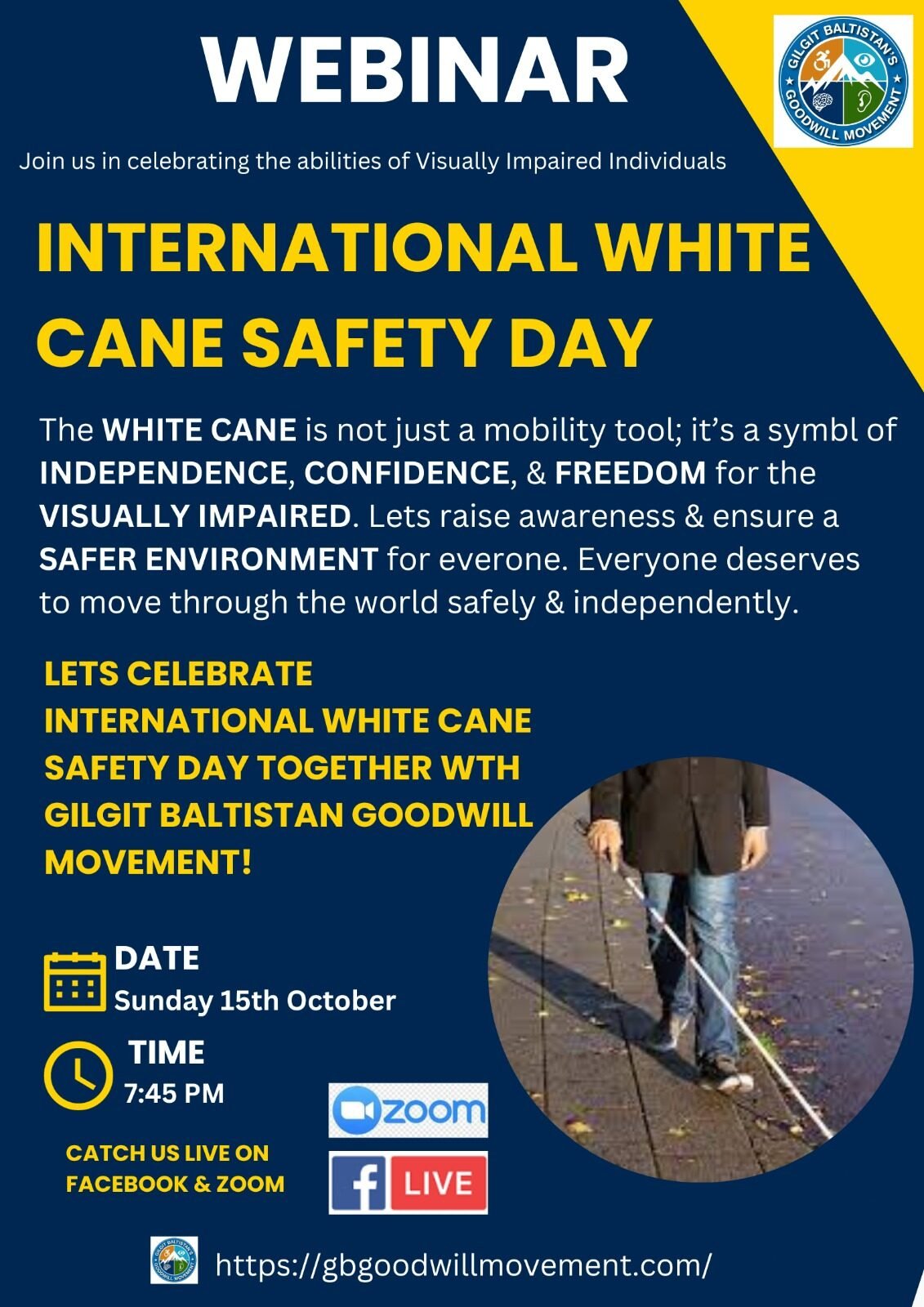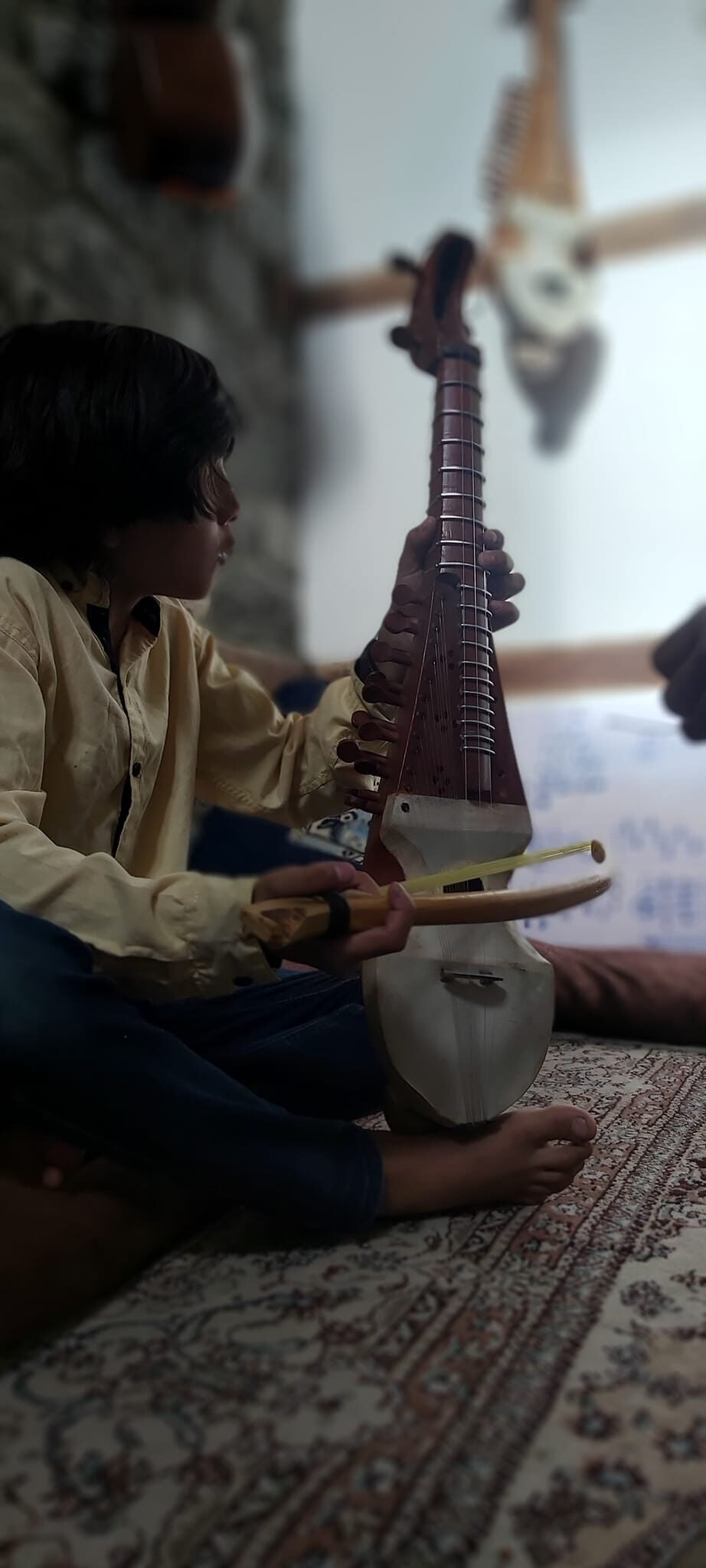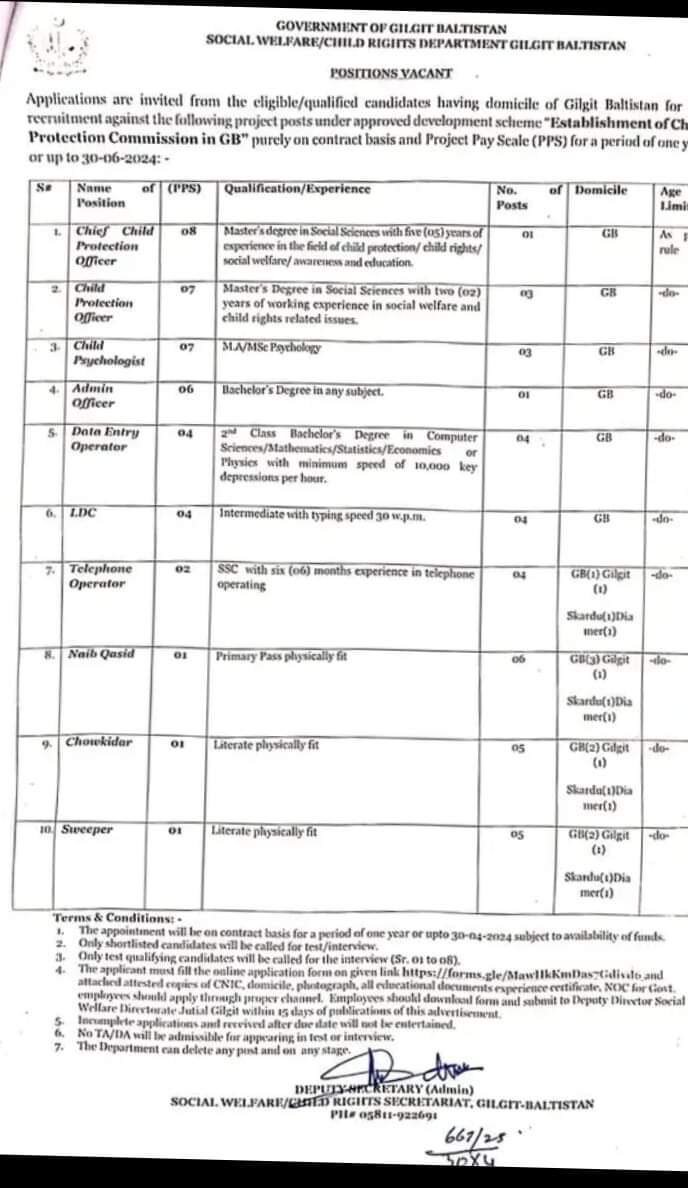Mental Health in a disabled person – GB context
While the Goodwill Movement has provided facts and figures, these are very basic and, to an extent, known. The last article, Society and Disability, mentioned how a disabled person’s circumstances (his family) could influence him and his community (friends, peers, etc.). However, that does not justify, in other words, adding value judgment until the self is appeased, which can lead to issues like mental health.
The disabled self
Not that one should obsess about the self, but in Pakistani, breathing rumors is freer than breathing air. Rumors often remarked at early childhood levels like: Who is he? What have they done to deserve him? This parent has done so many sins that one should expect him. [1] So one begs to differ: where is this hatred coming from? One factor is language and culture. Culture needs no further explanation, but language does. For instance, in the native language of Hunza, laagan, which has connotations of being mentally retarded is used widely in Hunza. That being said, not negatively, but words can have effects that one should know about.
We came across a story whereby a disabled person was not willing to accept their condition for a long period of their life because it would freak others out. This idea that a disabled person cannot be politically correct needs to change very rapidly as it would affect one’s mental health, cognitively, emotionally, and socially.
Way forward.
There are initiatives and incentives for mental health prevention and other schemes, include disabled people in the conversation! Otherwise negative consequences will be felt by the disabled community!
[1] * Him is used to describe an experience that most disabled men have, which is more representative of the Goodwill organization. There is no sexism intended.
Visit from Two British Scholars
An important visit from British Learned Ismaili Scholars Dr Rashida Hunzai and Dr Faqeer Muhammad Hunzai took place at Goodwill Centre on 27th October 2023.
On the request of Mr Ghulam Muhammad Baig, both scholars visited the centre.
Their praise and appreciation for special tour and services in support of the well-being and development of disabled individuals warmed our hearts.
![]() Their valuable message resonates deeply with our mission – they emphasized that disabled individuals are an essential part of our society. Inclusion and support for all members of our community are pivotal for progress and growth.
Their valuable message resonates deeply with our mission – they emphasized that disabled individuals are an essential part of our society. Inclusion and support for all members of our community are pivotal for progress and growth. ![]()
![]() We remain committed to our vision of empowering and uplifting disabled individuals, creating a more inclusive and prosperous society for all.
We remain committed to our vision of empowering and uplifting disabled individuals, creating a more inclusive and prosperous society for all.
Thank you for your unwavering support Dr Rasheeda and Dr Faqeer Muhammad!
Society and Disability
Introduction
Everyone has a family and community in the sense that people are connected via friendships, blood relations, and professional connections in society. I mean everyone who can talk, walk, and communicate. It is one thing to say, but it is another to implement.
When we remark that the government or the Department of Social Welfare is responsible for caring for the disabled community, it does not mean that each person is not doing it; instead, it is the talk of the whole institution (Webinar).
Detailed Governance issues
The fact that there is conflict begs to differ as to why the GB community does not respect disabled people, as it is very clearly the case. Sorry to say, but multiple factors, such as Stigma and Social Pressure, cause this issue. What is the reason that the community is scared of us? Why are there no proper R&D resources? What is going on here? Recent issue
These are good questions, but they are being asked in the wrong communities. When will there be accountability for these marginalized communities?
Otherwise this by stander effect, allows families to have unrealistic expectations or beliefs about what is considered “normal’ and may attribute disabilities to negative factors which is irrationa, immorall and unscientific
Conclusion
That is why we see families and communities adopting carefree attitudes. A political consensus can not be reached until there is a sociopolitical solution to granting Human rights, individual and social rights to persons with disablities. The state has to take care of the communities
Meeting with DG SCO
Gilgit Baltistan’s Goodwill Movement – GBGM had a productive meeting with DG SCO Major General Umar Shah. Thank you for your warm hospitality and valuable time. Together, we’re committed to making a positive impact for persons with disabilities in Gilgit Baltistan. #Inclusivity #collaboration
DG SCO and President Farhan Baig discussed the most engaging issues around persons with disabilities in Gilgit Baltistan including
- Skills development
- Education & Employement opporunities
- Social issues around PWDs.
Why are disabled people treated unequally in Gilgit Baltistan – Where are the Youths?
Gilgit Baltistan is the home of 1.5 million citizens, from Hunza to Gilgit, from Skradu to Kharamang. Gilgit Baltistan is the home of the students which have studied from the MIT’s, Harvard’s, Oxford’s but still there is a lack of social and human development.
Discussion
To limit to the disability cause, one would envisage that a scholar or a well-educate person would have by now opened further education institutes for disabled people. Not in the sense of competing with Quaid-E-Azam or NUST but an effort like the Gilgit Baltistan’s Goodwill Movement for higher educational needs. Ofcourse, there is the Mehnaz Fatima Foundation but not for older PWDs.
There is the argument that many people may not have personal experience with disabilities or may not be educated about the challenges disabled individuals face, and Some people may view disabled individuals as overly dependent or burdensome, which can lead to negative attitudes and mistreatment. Then, by that logic, the UK or the US should not have adopted the ADA Act or the Equality Act 2012 : we would all have been violating political rights then of disabled people.
It is how awareness is constructed within the family. Since Gilgit Baltistan has a traditional family mindset, culturally that is acceptable: the conclusions of Sociologist Talcott Parsons (1969) fit in trying to explain this phenomenon. He claims that human personalities are made and not born. They are created through the process of socialisation. The main agent of primary socialisation is the family.
Conclusion.
If one sticks to Parsons ‘ theory, the idea of youths being lost or disconnected boils down to the family structure. For organisations like the Gilgit Baltistan’s Goodwill Movement, it is a matter of how much we can interfere in the family system which portays disabled people in a wrongly manner.
The question of awareness is limited by this major factor.
Revised Article of Top Five Reasons to Donate to Goodwill. Policy Statement
The introduction of AI in Education and on the internet has helped individuals like myself to get some clarity. Though AI has its harms, I think it can help disabled people further their goals and spend less time worrying about things that can be resolved. To kick off this series we asked ChatGPT reasons why people do not donate to causes such as Goodwill.
From a 3rd person, one can see on our website that we help disabled people in Gilgit Baltistan through Skills Development, Advocacy Projects, or Raising Awareness. That being said, since we are reviewing analytics and trends. We regularly needed clarification on why these trends do not translate into donations on our website. Therefore, using ChatGPT is a good tool to have some clarity and, hopefully communicate it to our audience.
Findings
There are various reasons why donors may choose not to donate to charities, and it’s important to remember that individual motivations can differ. Some common reasons include:
- Financial constraints: Many people may have limited financial resources and may not be in a position to donate to charities . Donors might prioritize their own basic needs and financial stability over charitable donations.
- Lack of awareness: Some individuals may not be aware of the charitable organizations and causes that exist. They may not know where or how to donate, or they may not fully understand the impact of their donations.
- Distrust of charities: There have been instances of unethical or inefficient use of funds by certain charitable organizations, which can lead to distrust among potential donors. People may be concerned that their money won’t be used effectively or for the intended purpose.
- Skepticism about impact: Some individuals may question the effectiveness of charitable giving and wonder if their donations will actually make a difference. They may be unsure if their money will be used to address the root causes of a problem or merely provide temporary relief.
- Personal priorities: People have diverse priorities, and some may prioritize other financial goals, such as saving for education, retirement, or personal expenses, over donating to charities.
- Compassion fatigue: Constant exposure to charitable appeals and the suffering of others can lead to a sense of helplessness or compassion fatigue, making people less inclined to donate.
- Political or ideological differences: Some individuals may choose not to donate to charities because they disagree with the mission, values, or policies of certain organizations. They may prefer to support causes that align more closely with their beliefs.
- Lack of connection: People often feel more motivated to donate to causes or organizations with which they have a personal connection or experience. If they don’t have a direct connection to a particular cause, they may be less likely to donate.
- Fear of scams: There is a concern about fraudulent or deceptive charities that may exploit people’s goodwill. Some individuals may avoid donating out of fear of falling victim to a scam.
- Donor fatigue: Frequent requests for donations, especially during natural disasters or major fundraising campaigns, can lead to donor fatigue, causing people to become desensitized or overwhelmed by the sheer volume of requests.
To encourage more people to donate to charities, charitable organizations need to be essentially transparent about their operations, demonstrate the impact of their work, and build trust with potential donors. Additionally, efforts to raise awareness, educate the public, and create a connection between donors and the causes they support can help increase charitable giving.
Statement in favour of Goodwill
While ChatGPT raises issues such as Financial constraints and the Lack of Awareness, I would like to focus on the fear of Scams, Lack of Connection and Distrust Of Charities as all this is interlinked.
Nothing that has been said is wrong; one should have due diligence. Nevertheless, it is about communication skills for a charity. The website is a good starting point; our Facebook page has up-to-date posts, and our Linkedin account has up-to-date reports, what more can one need?
On top of that we are all contactable on our social media feeds.
As far as the distrust of Charities and the Fear of Scams, one would know if that was the case in our opinion we have nothing to hide. And if thats not all
Our interactive webinars show the public of what are our conditions like, and who we are as individuals?
Conclusion
ChatGPT as an tool is really useful for disabled people. Such applications clear our thoughts and how we communicate towards donors. Not every charity in Pakistan is misused.
Recap of International White Cane Day
On the 15th of October, International White Cane Day, Gilgit Baltistan’s Goodwill Movement conducted a webinar for People with Visual Impairments moderated by Mehwish Sarwar.
Joining us tonight are :
- IsrarUddin Israr – Regional Coordinator at Human Rights Commssion of Pakistan
- Farhan Baig, President Gilgit Baltistan’s Goodwill Movement
- Ghulam Muhammad Baig, CEO/Founder Gilgit Baltistan’s Goodwill Movement.
- Mustafa Kamal – Senior Member, Gilgit Baltistan Goodwill Movement
- Tahira Alam Khan – Parent of Fawad Alam Khan
Students Missing music classes
Fawad Alam Khan, a young gentleman with visual impairments, plays the Rubab ( Dam Ham Dam Ali Ali – Fawad). Born in the region of Gilgit Baltistan, musicians like Fawad are ignored due to their disabilities. Goodwill Movement took earlier steps like these schemes teaching people like Fawad but classes had to be downsized as no secure funding due to a lack of funds. Earlier music lessons.
Rationale of cancelling it
As this is a disabled-led organization, we were confident that this would improve communication skills, as Weiss states; however, due to the economic situation, a tough decision had been made to postpone it, further delaying progress in this field.
As a community organization, we were thoroughly disappointed by our actions, but when there was no government support to ensure consistency, the tough decisions had to be made.
Jobs in Social Welfare Department Gilgit Baltistan.
On the 10th of October, the Social Welfare Department of Gilgit Baltistan issued a job vacancy notice, which we received today. This notice should be condemned as it does not include the 3% quota bill for Persons with disabilities.
Content analysis
The job advertisement(s) include
- Data entry operator
- LDC
- Telephone Operator
- Naib Qasid
- Chowkidar
- Sweeper
But what remains a question is how the department defines a ‘ physically fit ‘ person, which leaves out the characteristics of a disabled person, quite obviously. Despite our engagement with the Social Welfare Department at KIU in June this year, it leaves us questioning them again. KIU Event. This isn’t comforting disabled people as the Social Welfare Department is partly for our needs and our comfort.
It is rather foolish not to include the 3% quota for the Social Welfare Department.

